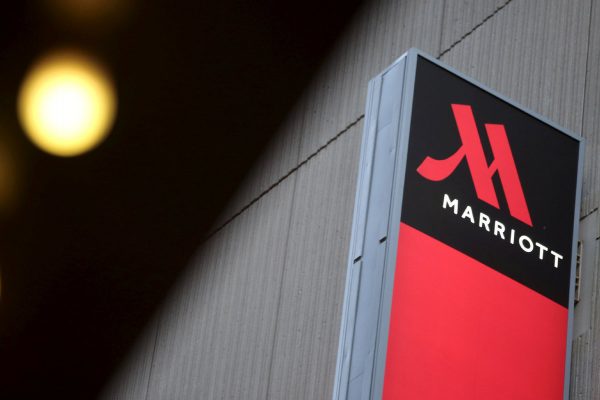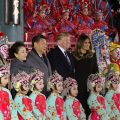
One week after Marriott International shut down its Chinese website and mobile apps for illegally listing Tibet, Taiwan, Hong Kong and Macao as countries, it announced an “eight-point rectification plan” on Wednesday in an attempt to prevent such mistakes from happening again.
“This is a huge mistake, probably one of the biggest in my career,” said Craig S. Smith, president and managing director of Marriott’s Asia-Pacific office, who has been working with the company for three decades.
“To regain confidence and trust, the first thing is to admit the mistake, then fix it, and it would come back slowly as we prove we really mean what we say,” Smith told China Daily in Shanghai on Wednesday, one day before the company’s digital platforms are scheduled to be back online.
The eight measures to be taken, especially in the next 90 days at an intensive pace, include expanding employee education globally, creating straightforward complaint channels for Chinese customers, and more strictly supervising the work of third-party agents for projects largely targeting the China market.
In a statement issued with the rectification plan, it noted that the company has made “two significant mistakes that appeared to undermine Marriott’s long-held respect for China’s sovereignty and territorial integrity”.
The company was discovered to have classified the four regions as countries in a mail survey to its Chinese members on Jan 9, and “liked” the post of a separatist group on Twitter, which “congratulated” the listing the following day.
The actions resulted in strong reactions from both the public and government of China. At a regular news briefing three days later, the Ministry of Foreign Affairs urged overseas companies to show respect for China’s sovereignty and territorial integrity.
After identifying its errors, the company has taken the survey offline, “unliked” the post, shut down its six websites and apps in Chinese, and put a freeze on its social media across the world. The CEO has volunteered to issue an apology.
It has also terminated the contract with the third-party vendor that built the survey, a Canadian company that Marriott has been working with for a long time, and with the US-based employee who “liked” the tweet.
“It’s a company we hired, but we are responsible. Our responsibility is to check it and we have failed to do so,” said Smith.
He noted that the global employee education would include any one of the company’s 500,000 staff that has contact with China.
He added that one of the biggest lessons learned, as well as advice for other foreign enterprises in China, is to localize in pace with expansion.
The company announced in 2016 that it would double its presence in China, where it now operates more than 300 properties and has another 340 in the pipeline.
“When our CEO took over, one of the first things he did is to decentralize the company, moving out the decision-making process into areas. I don’t know if we have moved in China fast enough or complete enough in that case. No one will know China as well as a Chinese,” he said.


